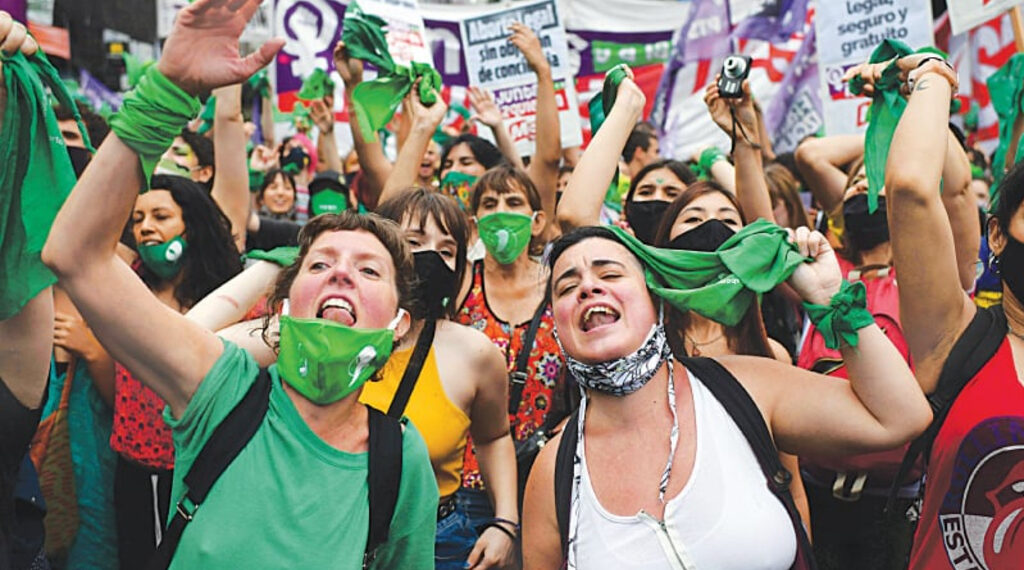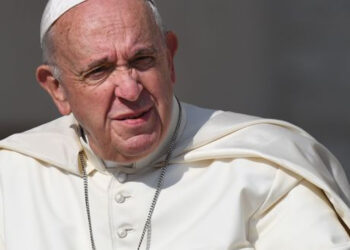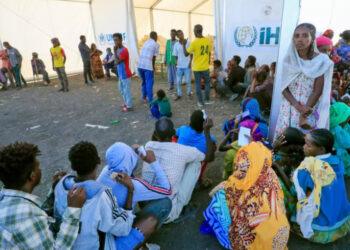Amnesty International on Thursday presented 250,000 signatures it has collected from around the world in support of legalizing abortion in Argentina ahead of a crucial Senate vote.
Argentina’s lower house of Congress voted last week to legalize abortion, sparking jubilant scenes amongst activists.
The bill is due to be debated by the upper house Senate on December 29, providing it gets the green light to do so from Senate commissions on Thursday.
Amnesty collected signatures for its petition from numerous countries, including Brazil, Canada, Taiwan and Britain.
The aim was to “demand the legalization of abortion in the country and the recognition of the rights of women, girls” and to “support the women’s movement in Argentina that has asked for the legalization of voluntary pregnancy interruption for years,” Amnesty said.
The bill would allow for abortion until the 14th week of pregnancy. Currently, abortion in the home country of Pope Francis is allowed only in the event of rape or danger to the mother’s life.
“The world is once again watching Argentina. The Senate cannot turn its back again on the thousands of women who every year risk their lives and health in secret” illegal back street abortions, said Mariela Belski, the executive director for Amnesty International Argentina.
Two years ago a similar bill was approved by the lower house of Congress before it was narrowly rejected by the Senate.
However, the composition of Congress has changed slightly since last year’s general election when center-left President Alberto Fernandez replaced the liberal Mauricio Macri.
Macri opposed the legalization of abortion in 2018, although he supported debate over the bill despite mass demonstrations against it in the majority Catholic country.
This time, Fernandez has backed the bill but although his ruling coalition has a majority in the Senate, lawmakers are not expected to vote along party lines.
While some anti-abortion members of the ruling coalition could vote against the bill, so too could pro-choice opposition lawmakers that want to deny the government a political victory, analysts say.
























